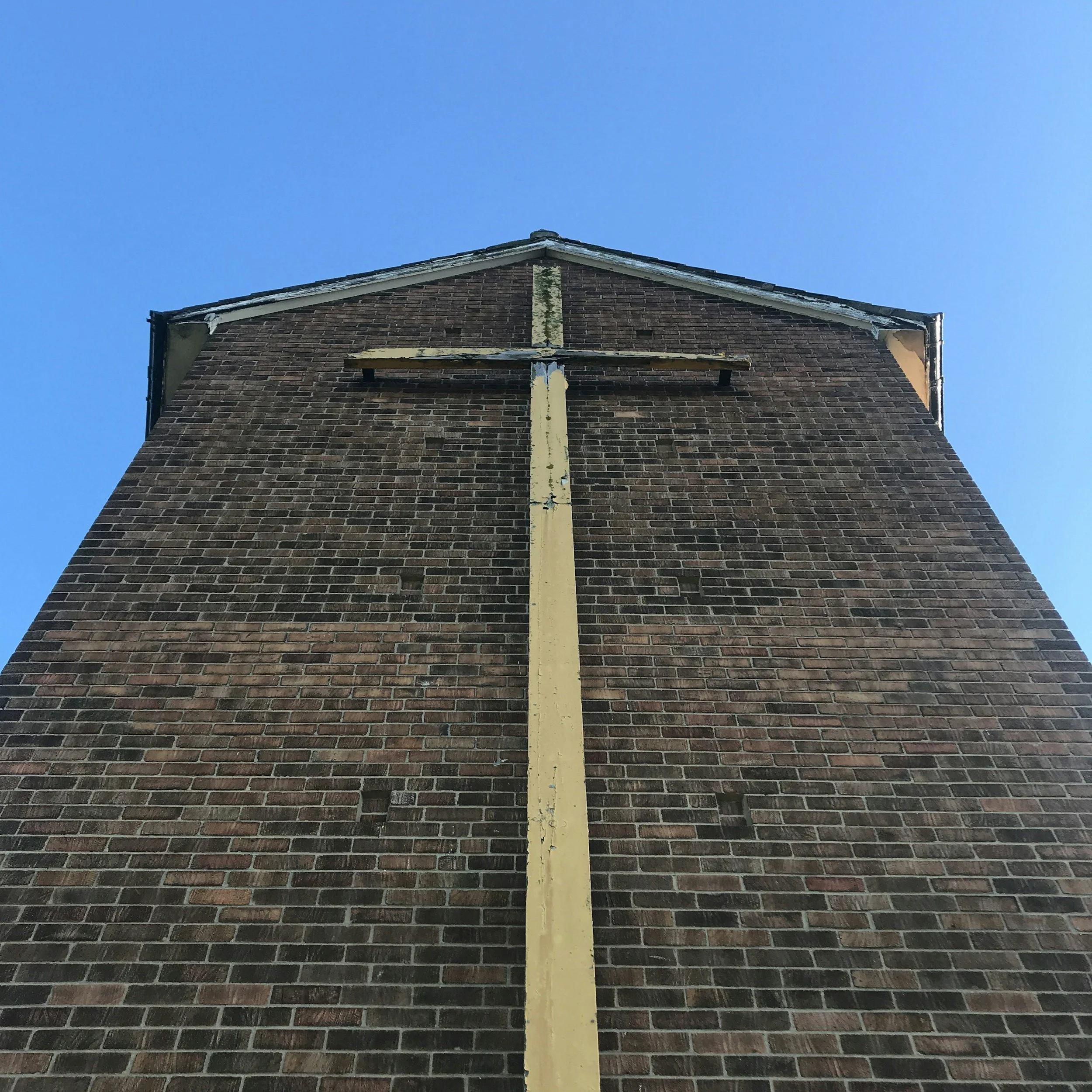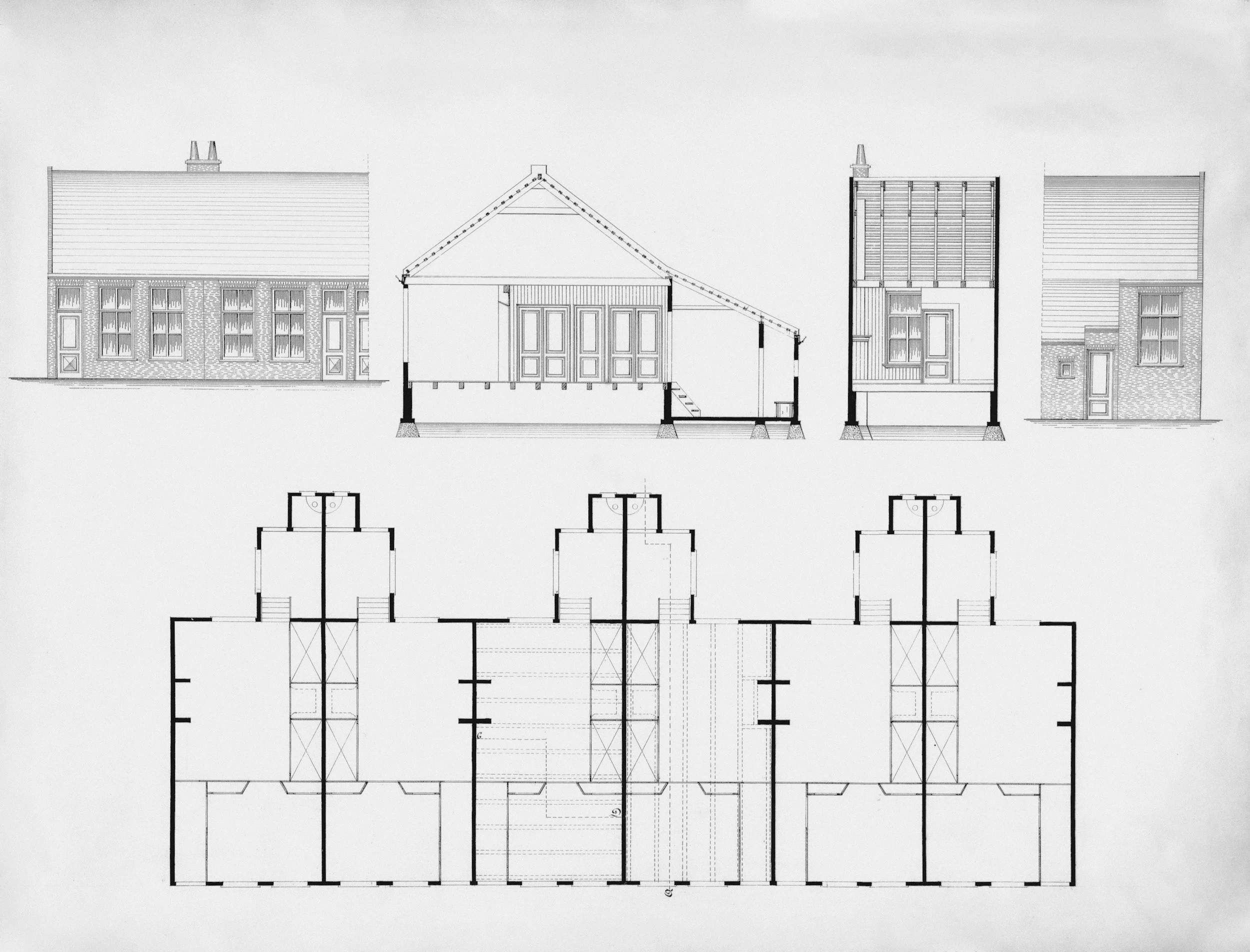Property
In Mersey Synod, most local congregations meet in buildings which are formally owned by a Trust Company, the URC (Mersey Province) Trust Limited. This is because local churches which had personal trustees, appointed URC (MP) Trust as trustee as this relieved them of the expense of periodical supplemental deeds of choice and appointment of trustees, therefore avoiding the risk of loss of deeds or lapsing of trusteeships. Such failures have caused much trouble and expense in the past.
The day to day care of the buildings remain with the local congregation, however, Synod is available to walk alongside you in ensuring that critical responsibilities are met. Synod also organises periodic building inspections conducted by professional surveyors which provide a status of the current condition of the building stock, including manses.
Manses
Mersey Synod operates a “Manse Scheme” in which Synod assumes responsibility for manse buildings insurance and maintenance costs above £500 per year. The scheme provides flexibility in the allocation of new ministers to manses and an improved uniform standard of accommodation. Synod Manse policy is available here
Repair/building work
Churches should retain a record of all work undertaken. All alterations, additions, removals, or repairs to fabric, fixtures and fittings of the church, grounds or churchyard should be logged and regularly maintained. A template log is available here for a churches to use and adapt for their use.
*** records need to be kept in line with GDPR requirements ***
Explore the links below for further guidance
-

Legal responsibilities
As stewards of the building, the Elders have some legal responsibilities for looking after church buildings, click on the link below to find out more.
-

Building developments
If you propose to undertake a development of your church buildings, click on the link below to find out what you need to consider
-

Property Fund
Synod holds a property fund to assist churches in developing and maintaining their buildings. Find our more here
-

How Synod needs to be involved
Find out how Synod needs to be involved with your building and grounds
